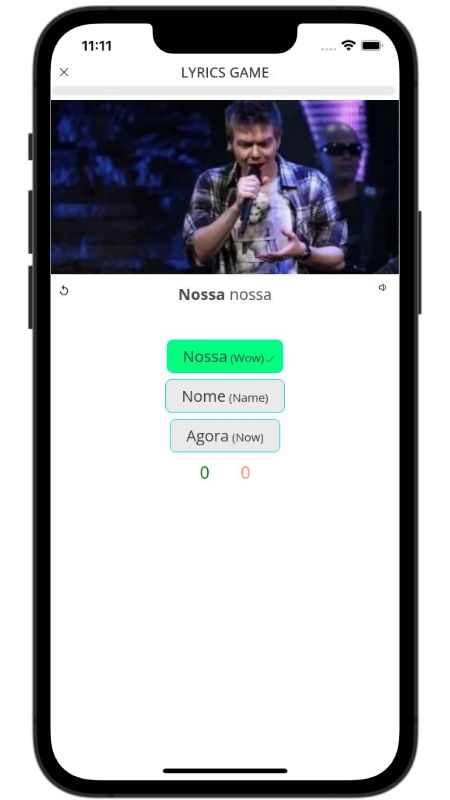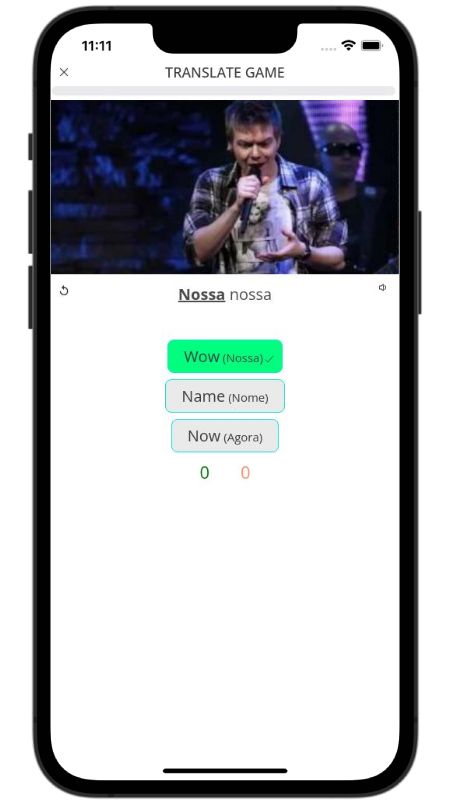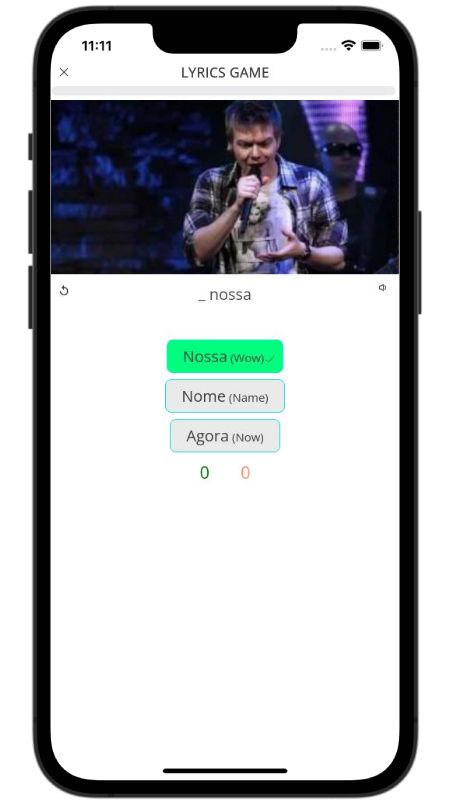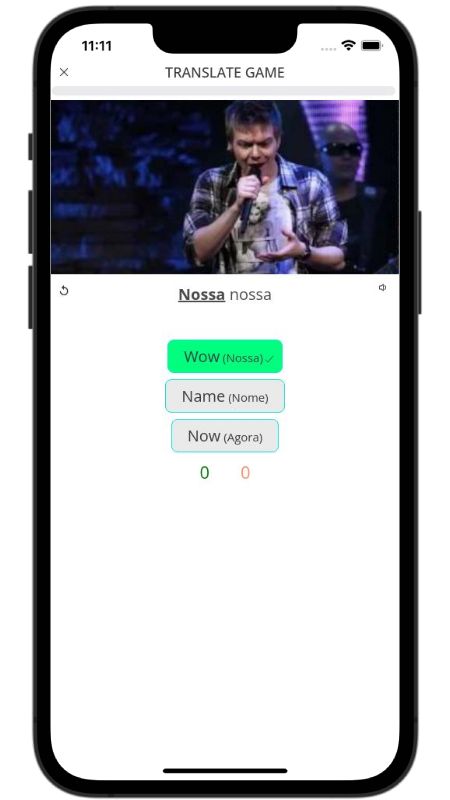Segue O Seco Lyrics in English Marisa Monte
Below, I translated the lyrics of the song Segue O Seco by Marisa Monte from Portuguese to English.
Verse 1
The dry cattle herd
In the dry torrent
The dry thunderstorm
On the dry hoe
The dry goes on not getting that the path's dry
Not getting that the thorn's dry
Not getting that being sun is dry
Not getting that some dry thorn will dry out
And the water that dries will be a dry shot
And it'll dry your fate. Dry
Oh, rain, come tell me
If I can go up there to pour you out
Oh, rain, pay attention
If the people up there live in loneliness
If they end up unaccustomed
If they end up stuck silent
If they end up softly crying
If they end up half abandoned
It could be Saint Peter's tears
Or maybe a great love crying
It could be the unbuttoned sky
It could be coconut spilling
Verse 2
The dry cattle herd
In the dry torrent
The dry thunderstorm
On the dry hoe
Oh, rain, come tell me
Oh, rain, come tell me, come come
Oh, rain, come tell me, come come
Oh, rain, come tell me, come come come
Come tell me
Oh, rain, come tell me
Oh, rain, come tell me, come come come
Come tell me, come come
Verse 3
The dry goes on not getting that the path's dry
Not getting that the thorn's dry
Not getting that being sun is dry
Not getting that some dry thorn will dry out
And the water that dries will be a dry shot
And it'll dry your fate. Dry
Oh, rain, come tell me
If I can go up there to pour you out
Rain, come
Oh, rain, come tell me
Rain, pay attention
If the people up there live in loneliness
If they end up unaccustomed
If they end up stuck silent
If they end up softly crying
If they end up half abandoned
It could be Saint Peter's tears
Or maybe a great love crying
It could be the unbuttoned sky
It could be coconut spilling
The dry cattle herd
In the dry torrent
The dry thunderstorm
On the dry hoe
Oh, rain, come tell me
Oh, rain, come tell me
Oh, rain, come tell me
Oh, rain, come tell me
Lyrics and Translations Licensed & Provided by LyricFind
Lyrics © Peermusic Publishing
Did you like these lyrics?
Did you know?
In addition to reading lyric translations, you can now learn Portuguese with music and lyrics from your favorite artists.
No more boring lessons. You can now learn with engaging and culturally relevant lyrics from the best artists.
Apple and App Store are trademarks of Apple Inc.
Google Play and the Google Play logo are trademarks of Google LLC.
MORE MARISA MONTE
iOS AppAndroid AppWeb LessonsJoin ClassroomLyrics TranslationLyricsBlogAbout UsFree PDF WorksheetsBuy as Gift











